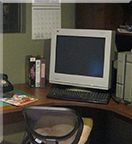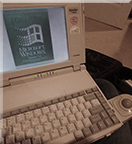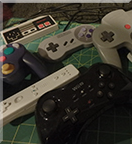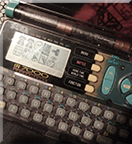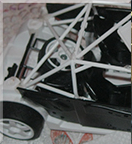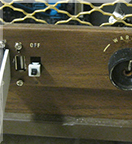Suppose there is a 3D copying machine. In one instant it can copy, particle-for-particle, what's in one chamber and replicate it into another chamber. You put a person in one chamber. It copies of all the atoms that comprise them. It copies the energy and light affecting their senses.
When the chamber doors open, will the copy of the person be alive? I think the answer is 'yes', if there's no medical reason for them not to be. If humans are granted life on earth through physical processes, and die through physical processes, through the presence of connections in the brain and cognitive capacity, then a perfect copy of those physical processes shouldn't deter how well they work.
Will the copy of the person be the same 'self'? I think, the answer is 'no'. They may have been the same at one time, but are no longer. After the chamber doors open, the original and the copy will go out into the world and undergo different physical processes, and have different experiences.
'Self' is not some specific tangible thing, then, not some specific piece of the brain, but a special label given to the physical processes that one's brain can do.. So the way this label is defined, copying a brain and all its stimulus yields two 'selves'. The two brains and bodily systems can physically work independently from each other, thereafter.
The thing I don't know the answer to, is, at what point are there two 'selves'?
1) The instant that the atoms are copied, but no differing light or stimulus has occurred yet to the original, or the copy (the chamber doors have not opened yet)?
2) The very first differing piece of light or stimulus occurs to the original and the copy? (during/after the chamber door opens)
3) The whole premise is wrong
